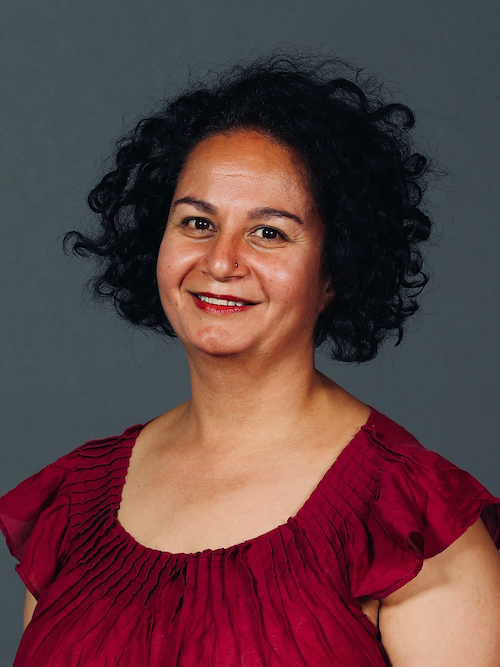I love the English language. Since I have been learning Hindi, I do also appreciate how hard it is to learn any language that is not your first language. That is why I find it fascinating that most middle and upper class Indians speak at least two languages proficiently, if not 3 or 4. English and Hindi are taught to most since childhood, and then many also speak local dialects.
Language naturally evolves and English here in India is now different. However sometimes it is almost like a completely different language to me, whilst at other times I have a little chuckle over the phrases I hear. At other times, some Indian English phrases drive me nuts.
Here are my top 10 Indian English phrases:
- Paining
This is definitely at the top of my list. I hear this word everyday… “my head is paining”, “I have paining in my back”. My ears feel a little pain every time I hear it. I had a long discussion with my Hindi teacher about the word “paining” after she used it to translate a phrase from Hindi to English. A literal translation would have been “pain is happening to me”, but the translation in correct English is “I am in pain”. These differences in the way English and Hindi are put together is probably what has given rise to this new word.
- Eve Teasing
For completely different reasons, I find the term “Eve Teasing” to be quite offensive. It effectively means the harassment of women, whether that be verbal or physical abuse. However calling harassment “Eve Teasing” merely makes it sound like it is a lesser offence than it is.
- Loosies
When I went through my 6 weeks of gastroenteritis, let’s just say I experienced way too many loosies! During that time I went on a conference in Sikkim and unfortunately was quite unwell. My colleagues took such good care of me, but I did find it rather confronting to be asked every hour “have you done another loosie? How many loosies have you done today?”.
- Prepone
I must admit, the first time I heard this word it actually took me a while to understand what it meant. To “prepone” something means to bring it forward (rather than postponing it). When you think of it that way, I guess it is actually a logical evolution of language.
- Felt Up
This phrase gave me one of the best laughs I have had in ages this week. In an email I was reading at work, quite a senior member of a large corporate said “I have felt up some of my colleagues and we have decided….”. For their sake, I hope their colleagues don’t lay a sexual harassment suit on them!
- Today Afternoon
This one is definitely just a direct translation from Hindi to English, for example “I will see you today afternoon” rather than “this afternoon”.
- To do the needful
I don’t have a need to do much, but if you want something done here, then apparently it is “needful”. According to Wikipedia (http://en.wikipedia.org/wiki/Do_the_needful) this is an old English phrase that seems to have remained part of the language in India, whilst disappearing from the Queen’s English.
- The same
This phrase drives me nuts! Rather than refer to something that has previously been referred to as “it”, “it” is referred to as “the same”. Confused? Here is an example I saw recently: “I do not understand what you mean, please revert regarding the same”
- Updation
No that’s not “updated” or “updating” but rather something that needs “updation”. One of my current consulting roles involves working for an event where people have to update specific information about themselves every day, so I hear this word several times a day, which is probably why it has made my top 10.
- Clicking a picture
Last, but certainly not least, this is one of the few Indian English terms that has now permeated my language and I love it. Rather than “taking a picture” you “click a picture”. Even in the age of digital cameras, my camera still makes that great clicking sound…. So yes I now click pictures too.

Leave a Reply